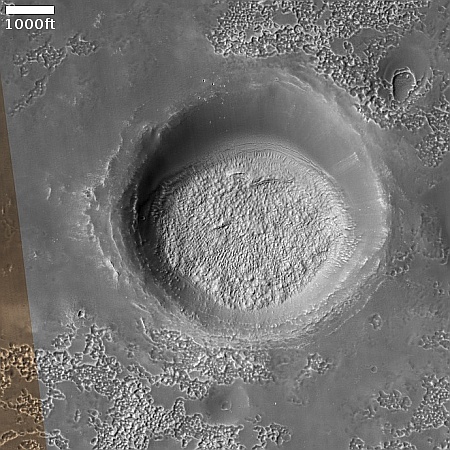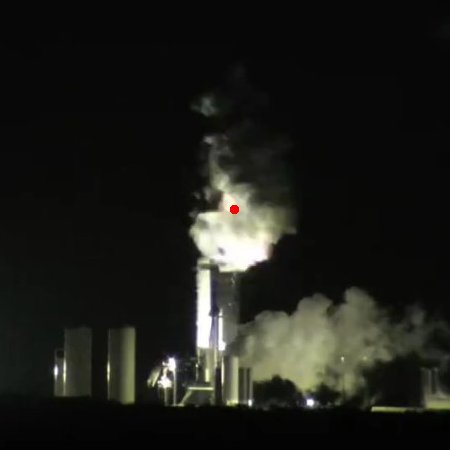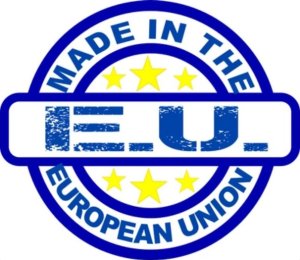India transfers ownership of SSLV rocket from space agency to government-owned private aerospace company
Capitalism in space: As part of the Modi government’s effort to switch its space industry from something owned and run entirely by its space agency ISRO, it has now awarded the ownership and control of ISRO’s newest and smallest rocket, the SSLV, to the aerospace company Hindustan Aeronautics Limited (HAL).
The company paid about $60 million for the purchase, and the right to build, market and launch it. It hopes to build between 6 to 10 rockets per year, depending on launch demand.
This transfer is not as radical as it appears. Though HAL operates mostly as an independent aerospace company, it is still owned by the government with its board of directors appointed by the president of India. The rocket will thus still be owned and controlled by the government, not a private company.
At the same time, this deal acts to shift power away from the space agency ISRO, which I suspect is the plan: Divvy up ISRO’s assets, which will eventually make it harder for it to block independent operations by private companies. As part of that program, the government has also transferred construction of the larger PSLV rocket from ISRO to a consortium of companies.
Whether this shift can create an independent and competitive rocket industry in India is very unclear. In many ways the country’s strategy so far mimics more China’s pseudo-company approach (where the companies raise investment capital, compete for government and commercial contracts, but are always under the full control and supervision of the government) then it does America’s free enterprise system (where ownership and control resides entirely with the companies, and the government only buys the services it needs from them).
The American model is by far the most successful in encouraging innovation and competition for the least cost. The Chinese model produces some results for less cost, but relatively little innovation. Instead, it copies what Americans do.
Capitalism in space: As part of the Modi government’s effort to switch its space industry from something owned and run entirely by its space agency ISRO, it has now awarded the ownership and control of ISRO’s newest and smallest rocket, the SSLV, to the aerospace company Hindustan Aeronautics Limited (HAL).
The company paid about $60 million for the purchase, and the right to build, market and launch it. It hopes to build between 6 to 10 rockets per year, depending on launch demand.
This transfer is not as radical as it appears. Though HAL operates mostly as an independent aerospace company, it is still owned by the government with its board of directors appointed by the president of India. The rocket will thus still be owned and controlled by the government, not a private company.
At the same time, this deal acts to shift power away from the space agency ISRO, which I suspect is the plan: Divvy up ISRO’s assets, which will eventually make it harder for it to block independent operations by private companies. As part of that program, the government has also transferred construction of the larger PSLV rocket from ISRO to a consortium of companies.
Whether this shift can create an independent and competitive rocket industry in India is very unclear. In many ways the country’s strategy so far mimics more China’s pseudo-company approach (where the companies raise investment capital, compete for government and commercial contracts, but are always under the full control and supervision of the government) then it does America’s free enterprise system (where ownership and control resides entirely with the companies, and the government only buys the services it needs from them).
The American model is by far the most successful in encouraging innovation and competition for the least cost. The Chinese model produces some results for less cost, but relatively little innovation. Instead, it copies what Americans do.






 <
<


